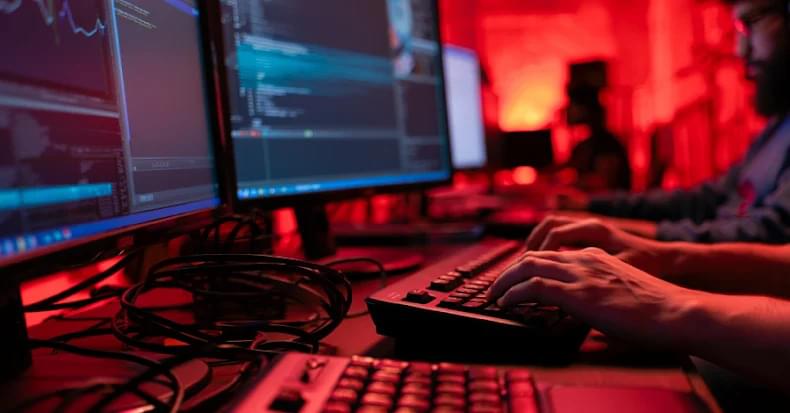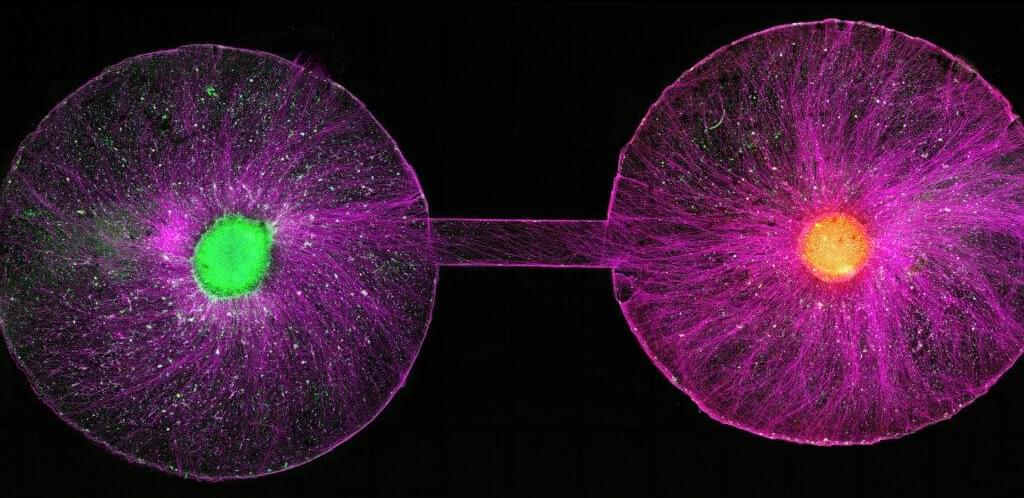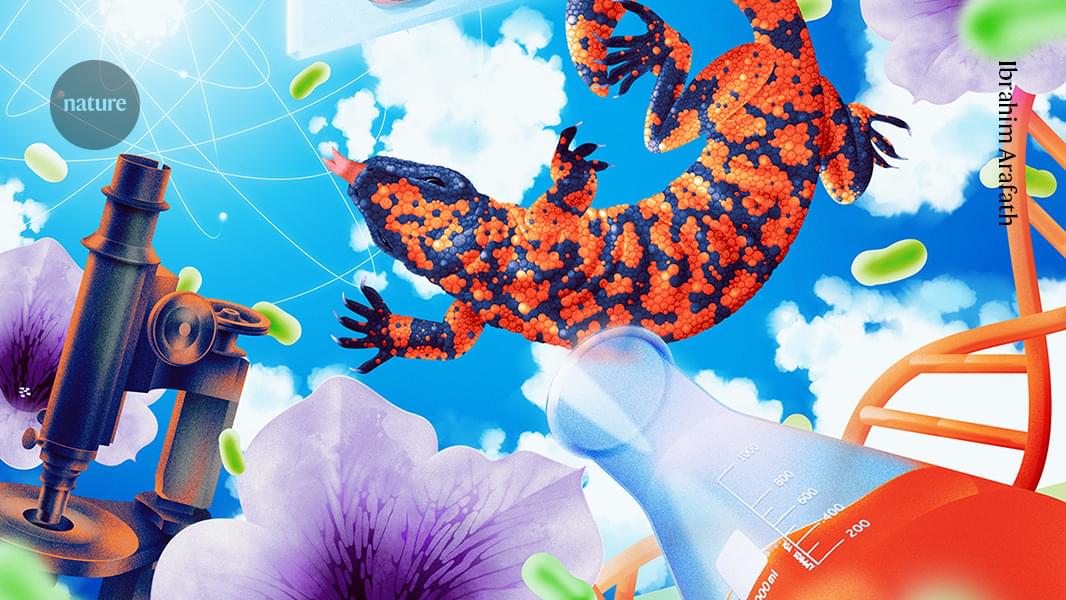Necrosis Inhibitors To Pause The Diseases Of Aging — Dr. Carina Kern Ph.D. — CEO, LinkGevity
Dr. Carina Kern, Ph.D. is the CEO of LinkGevity (https://www.linkgevity.com/), an AI-powered biotech company driving innovation in drug discovery for aging and resilience loss.
Dr. Kern has developed a new Blueprint Theory of Aging, which takes an integrative approach to understanding aging, combining evolutionary theory, genetics, molecular mechanisms and medicine, and is used to structure LinkGevity’s AI.
Dr. Kern’s labs are based at the Babraham Research Campus, affiliated with the University of Cambridge and her research has led to the development of a first-in-class necrosis inhibitor targeting cellular degeneration (Anti-Necrotic™). This novel therapeutic is ready to begin Phase II clinical trials later this year, as a potential breakthrough treatment for aging, with UK Government, Francis Crick Institute KQ labs, and European Union (Horizon) support.
The Anti-Necrotic™ has also been selected as one of only 12 global innovations for NASA’s Space-Health program, recognizing its potential to mitigate accelerated aging in astronauts on long-duration space missions.








